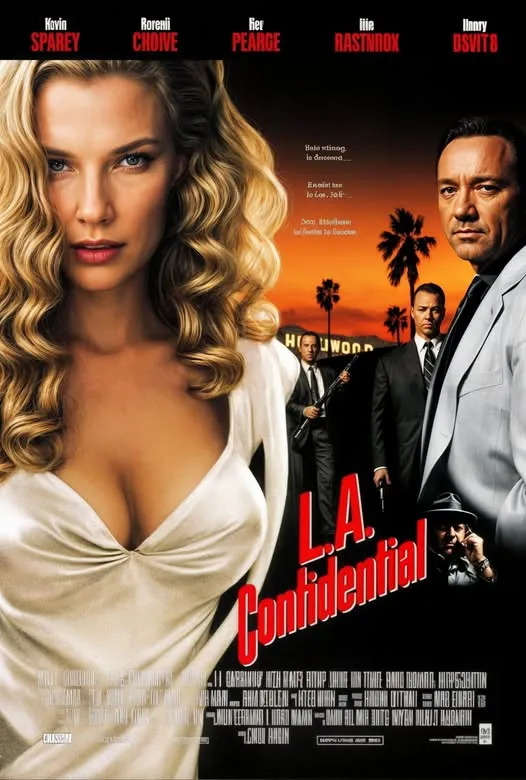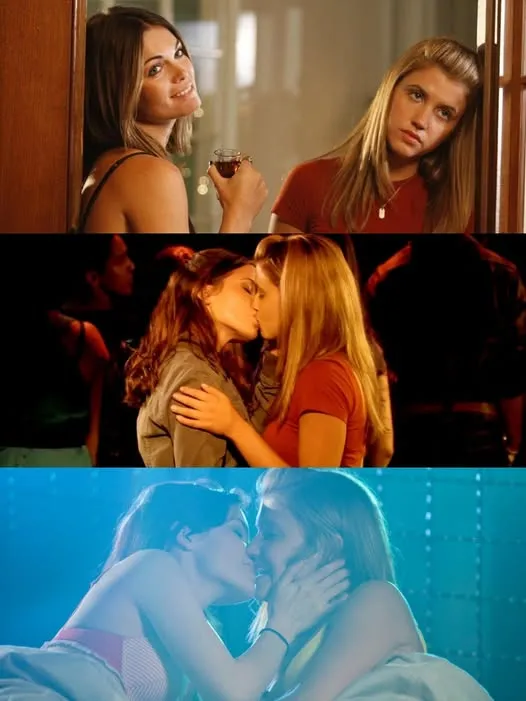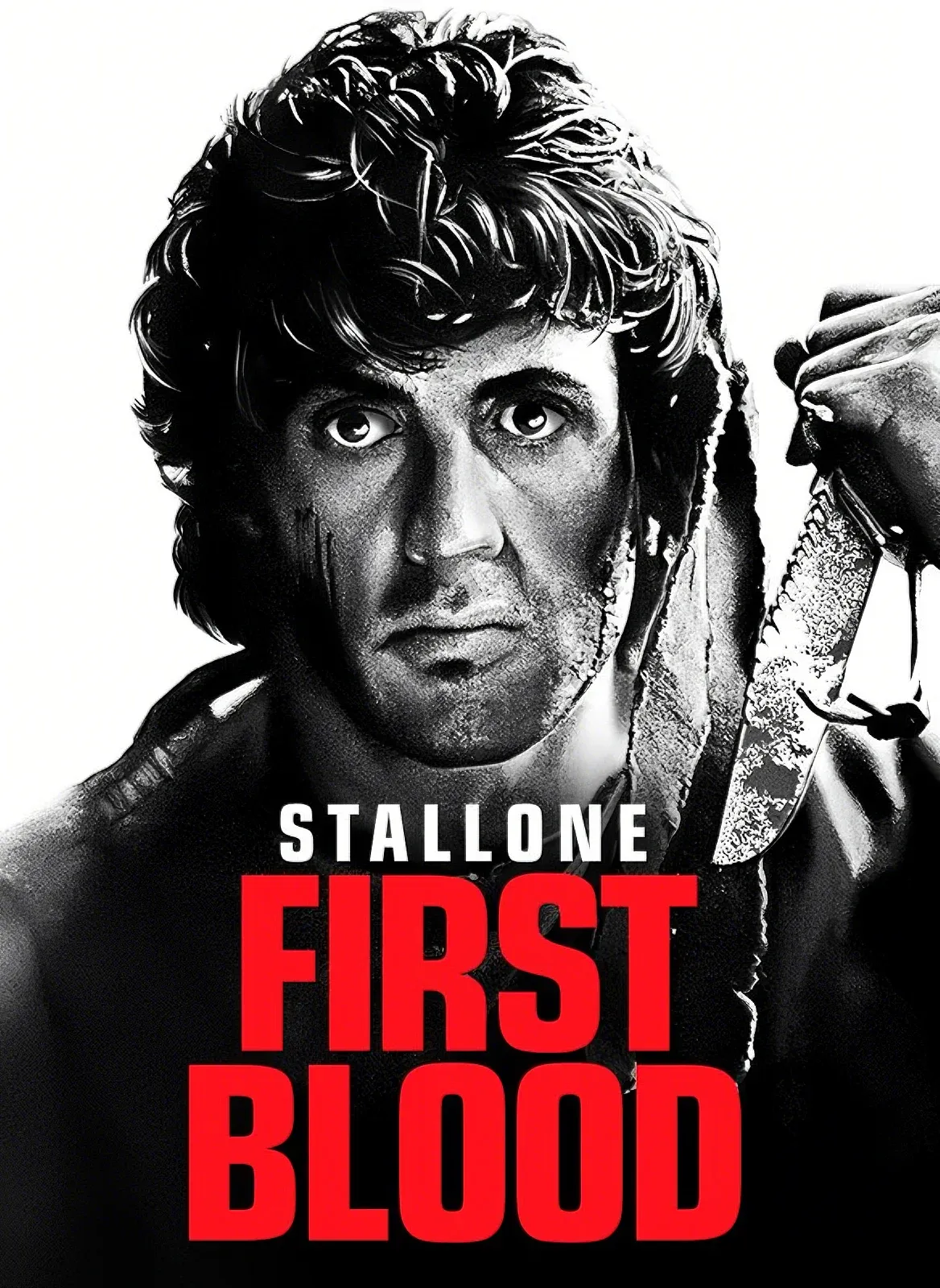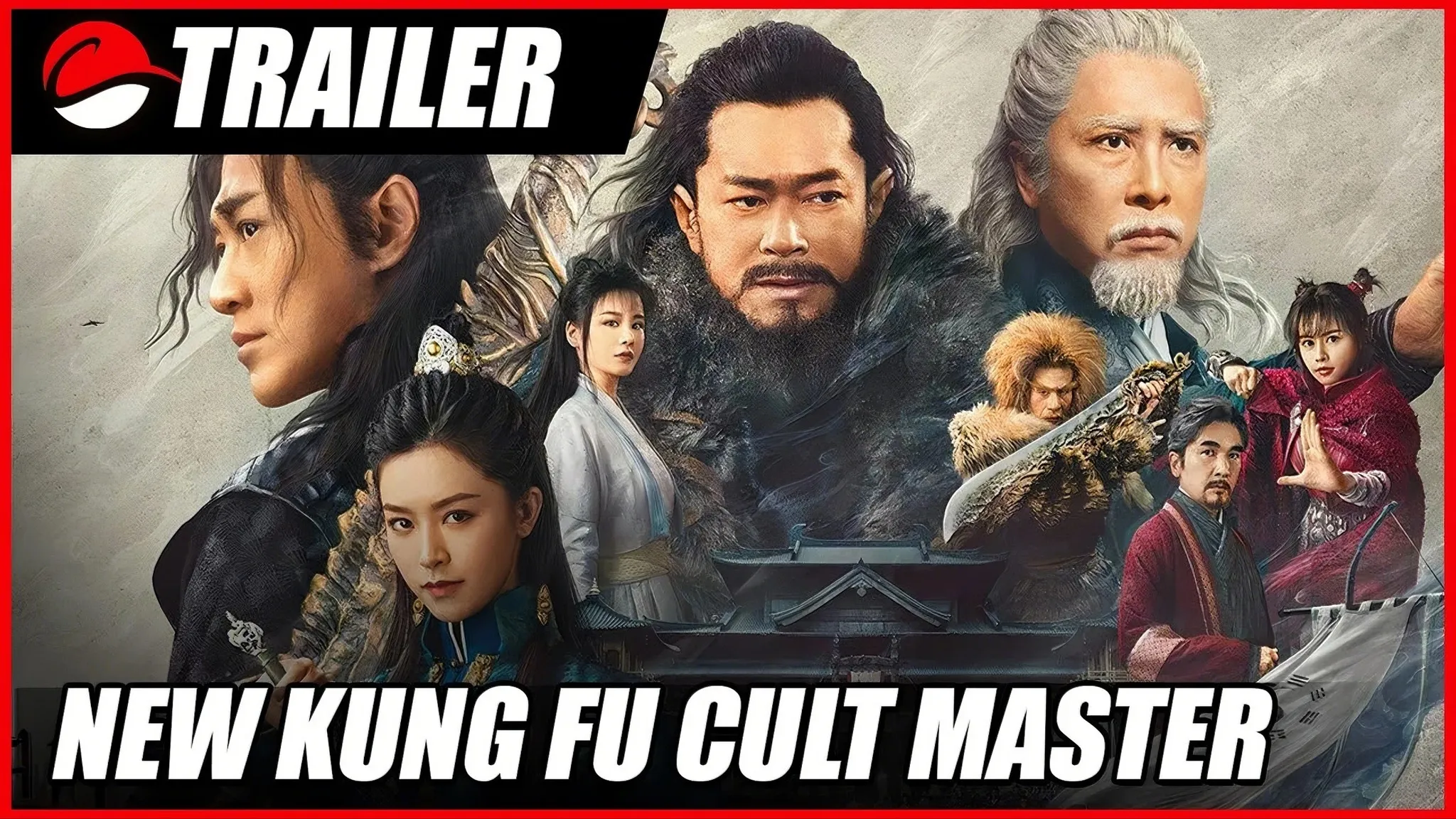L.A. Confidential (1997) is a neo-noir crime thriller directed by Curtis Hanson, based on James Ellroy’s novel. Set in 1950s Los Angeles, the film takes the viewer deep into the city’s corrupt underbelly, where the glamour of Hollywood collides with a morally decayed police force. Through the eyes of three distinct police officers, the film explores themes of justice, power, and the ethical gray areas that exist within the law. The story begins with the shocking massacre at a coffee shop called the Night Owl, where a group of people is killed in cold blood. This brutal crime becomes the catalyst for a complex investigation that unravels layers of corruption in the Los Angeles Police Department (LAPD). The investigation introduces us to three contrasting characters, each representing a different approach to law enforcement. Bud White (Russell Crowe) is a tough, violent cop with a personal code of protecting women, stemming from the abuse he witnessed as a child. Known for his rough tactics, White has a reputation for using force to maintain order, especially when it comes to crimes involving domestic abuse. His approach to policing is primal, and his temper often leads him to solve problems through violence. His character is marked by internal conflict—driven by the trauma of his past and his need for redemption through protecting the innocent. On the other end of the spectrum is Ed Exley (Guy Pearce), an ambitious and clean-cut officer who believes in following the rules. Exley is the epitome of a by-the-book cop, constantly seeking approval from his superiors. His desire for recognition often puts him in morally precarious situations, and he is not afraid to make enemies within his own department in order to advance his career. Exley’s journey in the film is a quest for justice and validation, but his ambition sometimes leads him to question his own principles.
Finally, there is Jack Vincennes (Kevin Spacey), a charming and morally ambiguous detective who works as a technical advisor on a popular TV show about police officers called "Badge of Honor." Vincennes is a media-savvy cop who has grown accustomed to the glamorous side of law enforcement. His relationships with Hollywood celebrities and his indulgence in the perks of his position reveal his detachment from the reality of police work. Vincennes' character is more concerned with the spectacle of justice than with actual crime-solving, and he is initially complicit in the systemic corruption surrounding him. As the investigation into the Night Owl massacre deepens, the three detectives are forced to confront their own biases, desires, and the corruption they may have been complicit in. The investigation begins to reveal that the LAPD is riddled with corrupt officers involved in a variety of illegal activities, including drug trafficking, extortion, and even murder. The city’s elite—ranging from powerful businessmen to Hollywood figures—are in bed with the police, using their influence to manipulate public perception and control the criminal world. The detectives' respective roles in the investigation push them to reevaluate their moral compass and their place within a corrupt system. Bud White’s investigation into the murders of women in the city leads him to uncover connections between the Night Owl massacre and the LAPD’s involvement in organized crime. White’s pursuit of justice for women is personal, driven by his memories of his abusive mother. As he unravels the layers of corruption, he begins to understand that the real criminals are not just the gangsters on the streets but the officers within his own department. Exley, meanwhile, begins to dig deeper into the department’s secrets. His discovery of a cover-up surrounding the Night Owl massacre leads him to suspect that senior officers, including the highly respected Captain Dudley Smith (James Cromwell), are at the center of a much larger conspiracy. Smith, who had been a mentor to Exley, is revealed to be deeply involved in the corrupt practices of the department. Exley’s investigation threatens to expose the criminal activities of his colleagues, and as he delves further into the case, his ambition becomes entangled with his sense of justice. Exley’s decisions, while initially motivated by a desire to root out corruption, begin to take on a more personal and dangerous edge as he seeks power and recognition.
Jack Vincennes, whose early detachment from the gritty realities of policing made him appear somewhat neutral, is eventually drawn into the investigation in a more significant way. He uncovers his own role in the systemic corruption and begins to question his previous involvement with corrupt officers. Vincennes’ moral awakening is sudden and tragic, as he realizes the extent of his own complicity in the system. He is forced to confront the realization that he is part of a corrupt institution, and his eventual fate becomes a tragic reflection of the consequences of living in a world where justice is often bought and sold. The film’s turning point comes when Exley and White join forces to expose the full extent of the corruption. The revelation that Captain Smith is the mastermind behind the illegal activities in Los Angeles takes the investigation into dangerous territory. Smith’s ruthlessness is revealed as he manipulates both the police department and the city's elite for personal gain, including orchestrating the cover-up of the Night Owl massacre. The moral struggle within each of the detectives becomes more pronounced as their paths converge, forcing them to make difficult choices. In a climactic confrontation, Bud White takes matters into his own hands when he confronts Smith, culminating in a violent showdown that ends with Smith’s death. White’s violent nature, which had been a source of conflict throughout the film, is finally channeled into a moment of justice. However, the film leaves a sense of ambiguity about whether White's actions truly represent redemption or if they are merely another expression of the cycle of violence and corruption that has defined his life.
Ed Exley, now promoted to a position of power, ultimately becomes a figure of moral compromise. Although he succeeds in exposing the conspiracy, he also makes choices that mirror the corruption he once fought against. In the end, Exley’s rise to power comes at the cost of his idealism, and the film suggests that the system is ultimately too entrenched for true justice to prevail. The film’s conclusion is bittersweet, with the characters’ fates reflecting the moral complexities that have defined their journeys. Jack Vincennes' tragic death symbolizes the cost of compromise, while White's violent revenge offers a moment of catharsis. Exley’s ascent to power represents both a victory and a loss, as he becomes part of the very system he once sought to dismantle. L.A. Confidential is a masterful exploration of the moral and political complexities that define both the characters and the world they inhabit. The film’s intricate narrative, sharp dialogue, and unforgettable performances make it one of the most iconic neo-noir films of its time. Through its depiction of corruption, justice, and human fallibility, L.A. Confidential challenges its audience to question the nature of morality and the cost of power in a city where nothing is as it seems.



-1739759952-q80.webp)
